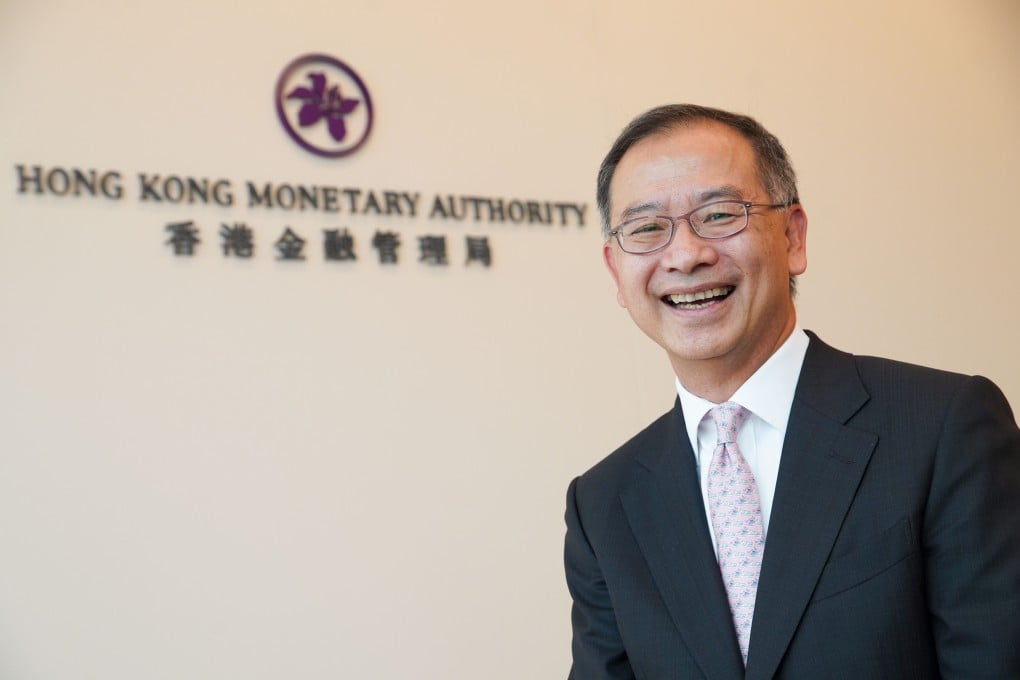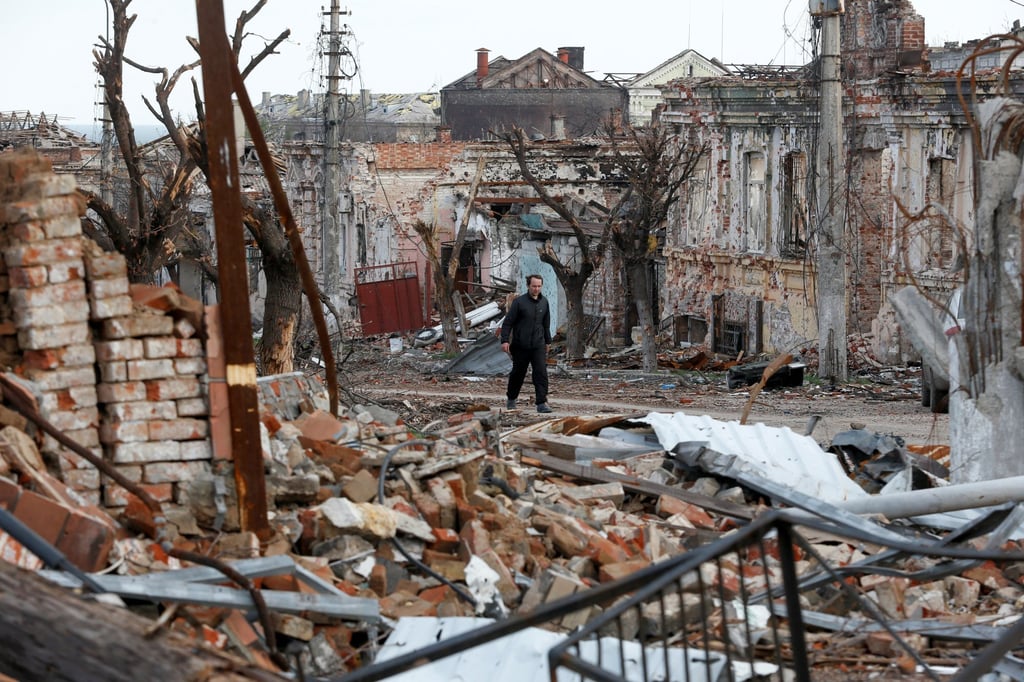Advertisement
Exchange Fund faces ‘triple-whammy’, if equities, bonds and forex valuation all drop, HKMA’s Eddie Yue warns
- Investors started the year treading on thin ice when managing their assets amid multiple uncertainties, HKMA boss says
- The Exchange Fund’s first-quarter results will be released on May 3
Reading Time:3 minutes
Why you can trust SCMP
1

The head of Hong Kong’s de-facto central bank gave a rare profit warning, saying the Exchange Fund would face a “triple-whammy” situation with equities, bonds and foreign exchange valuation falling at the same time if the US speeds up its interest-rate increases.
“Moving into 2022, investors were treading on thin ice when managing their assets amid multiple uncertainties, ranging from the evolving pandemic situation and rising inflation, to policy shifts by major central banks,” said Eddie Yue Wai-man, chief executive of Hong Kong Monetary Authority (HKMA), which manages the HK$4.6 trillion (US$586.14 billion) Exchange Fund.
He said the conflict between Russia and Ukraine was the “last straw” that triggered huge swings in the stock, bond and currency markets, posing significant challenges to investors all over the world, including the Exchange Fund.
Advertisement
Yue’s warning came in an article published on the HKMA’s website on Monday, just ahead of the Exchange Fund’s first-quarter results on May 3.

The Exchange Fund is the war chest used to defend the local currency from attacks by short sellers. It invest in stocks in Hong Kong and overseas, bonds and overseas properties and other long-term projects.
Advertisement
Advertisement
Select Voice
Choose your listening speed
Get through articles 2x faster
1.25x
250 WPM
Slow
Average
Fast
1.25x